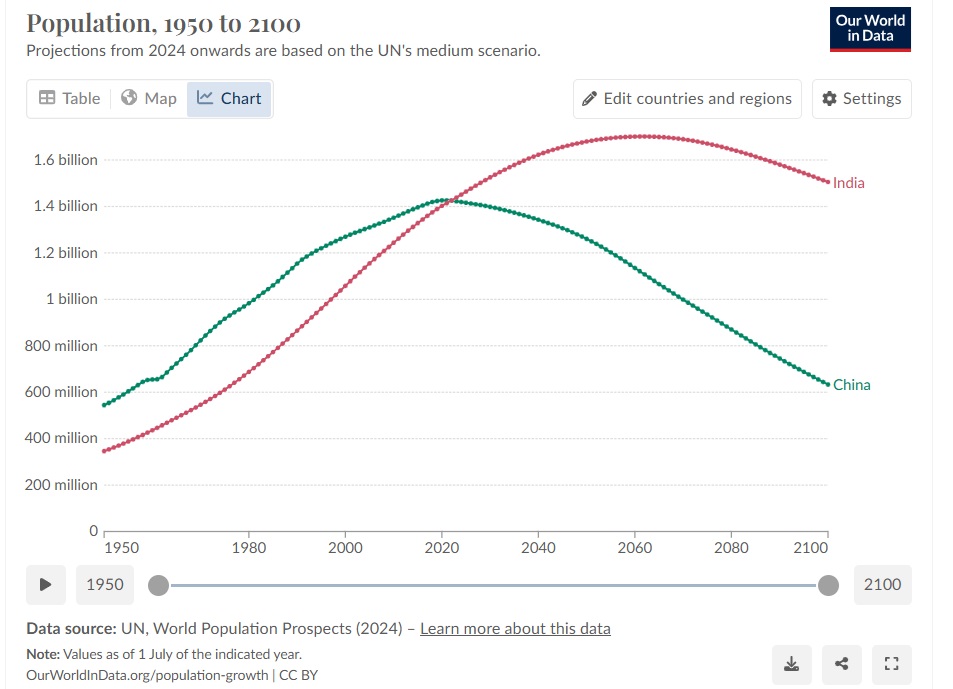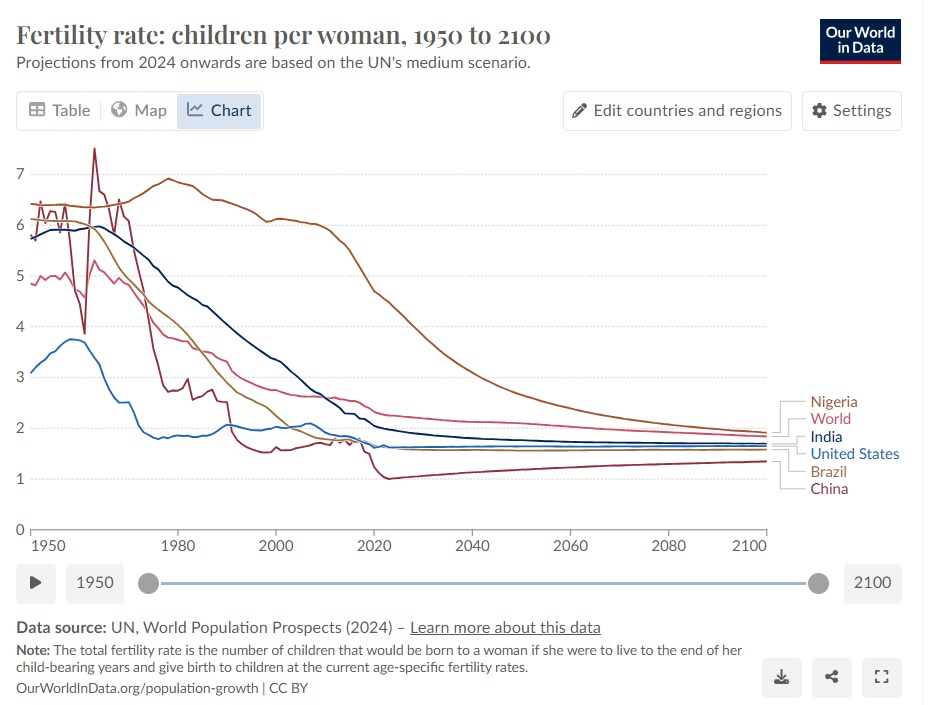Perhaps our greatest experience at a movie theater was seeing Pulp Fiction on opening night at The Neptune in Seattle. Back in the pre-Internet days we had read about it wherever we could—it had been hyped and won the Palme d’Or at Cannes—and we had watched Reservoir Dogs and True Romance on home video and become a Tarantino fan. We sat in the balcony with our friends and when the film started with the great opening scene leading to credits that included not one but two killer retro songs, we couldn’t have been more pumped. Two of the friends we went to the movie with left during the Gimp scene, disgusted, which only made us even more thrilled and the experience even more visceral. If everyone loved it, the movie going experience would not have been as rewarding. This was a pure adrenaline ride that wasn’t for everyone…but it was definitely for us.
We were reminded of all this listening to the Rewatchables podcast about Pulp Fiction. The Rewatchables, as you might guess from the title, is a podcast reviewing and reliving movies that are eminently rewatchable. It’s been on for years covering a swathe of movies. Bill Simmons, one of the hosts, has said he was waiting to do Pulp Fiction until the end, that it would be the last Rewatchables. And so, this might have been the last episode. There are many movies he and his colleagues did not cover that we consider Rewatchables but we understand why they might be ending the podcast. Movies, alas, are not as relevant as they once were to the cultural milieu. Has there been a Rewatchable made in the last five years? The most recent one we can remember is Baby Driver. This fall represents the 30th anniversary of Pulp Fiction and we hope it is rereleased to a theater, places we do not frequent as we once did, so we can relive the thrill one more time on the big screen. We will try to bring at least two people to the theater who will be offended and might walk out mid-movie. But we don’t walk out on our world’s demographic destiny, people fleeing Cuba and China trying to make the world safe for authoritarianism. It’s this week’s International Need to Know, the Royale with Cheese of international information, the Jack Rabbit Slims of global data.
Without further ado, here’s what you need to know.
Our Demographic Destiny (Unless It Changes)
The United Nations recently updated its World Population Prospects which scratches our demographic obsessive itch every two years. One of the headlines out of the data is that world population will peak two years earlier than the previous 2022 projections: in 2084 rather than 2086. According to the UN, world population will peak that year at 10.3 billion, about 2.5 billion more than our current population. Most of that increase will occur in Africa. India’s population, already the largest in the world, will peak in 2067. The future will be Indian and African. China’s population, as you might remember, started declining last year and is now projected to decrease to 633 million at the end of the century. That’s less than half its current population of 1.4 billion…but wait! As we’ve pointed out in this space a number of times, there’s a good chance that China’s population numbers are inflated just as its GDP numbers are. China’s true current population might be a little less than 1.3 billion. If so, then its decline might go lower than even the projected 633 million. Of course, all of this could change if life expectancy and fertility rates change. We bet they will be different than the numbers used in the projections. But which direction? That’s the question.
Leaving Cuba
Speaking of falling populations, 10 percent of Cubans packed up and left the country last year. Yep, the Miami Herald reports, “According to the official figures made public for the first time, Cuba’s population went from 11,181,595 on Dec. 31, 2022, to 10,055,968 on December 2023.” Just over a million of that is due to Cubans fleeing its cratered economy and illiberal leadership with the rest of the decrease due to a high death rate and low number of births. Of course, these are the official numbers and given the proclivity of authoritarian governments to lie it’s possible Cuba’s population trend is even more dire than 10 percent of Cubans leaving. Cuban leaders, and probably certain activists in the U.S., are blaming U.S. sanctions, but Cubans themselves aren’t buying it. They can’t buy much of anything, including food, with beef and pork production down 40 percent and nearly 2000 percent (yes, really) respectively over the last year. So what does one do when leaving an economy in such a shambles? If you’re a Cuban leader you announce a crackdown on the private sector, “Cuban Prime Minister Manuel Marrero announced several new restrictions on the island’s private sector that, if enacted, could imperil its survival and aggravate food shortages. Marrero insisted that the Cuban government would not deviate from a centrally planned economy where ‘socialist state enterprises’ are predominant.” One things for sure, these Cubans aren’t fleeing to Venezuela. Maybe Maduro and Marrero can get on a boat together, float out to sea, and leave their countries to better leadership.
China Corner: Making The World Safe For Authoritarianism
One of the claims of our book, Challenging China, is that Xi Jinping wants to make the world safe for authoritarianism. That’s one of the goals of his remaking the international global order, an order that so many in liberalized countries were complicit in tearing down. So it’s no surprise that China, along with Russia, is one of the few countries to accept the electoral victory of Maduro in Venezuela. China does not care a whit that the Venezuelan opposition has collected some 60 percent of ballot boxes around the country that show it handily won the election (as pre-election and exit polls forecast). The more authoritarian countries around the world the better for Xi, both in terms of legitimizing China’s government and providing it allies. We try not to be dramatic but there is indeed an axis forming against democracy that includes China, Russia (who also accepts Venezuela’s election—Putin is also at the forefront of the anti-democratic movement), North Korea and Iran. Of course, China is also a creditor of Venezuela so has a financial stake in the country. But make no mistake, it is the authoritarian nature of Venezuela that truly binds them. And the battle between democracy and authoritarianism, in which democracy once had the upper hand, is now raging, whether democracies realize it or not.





